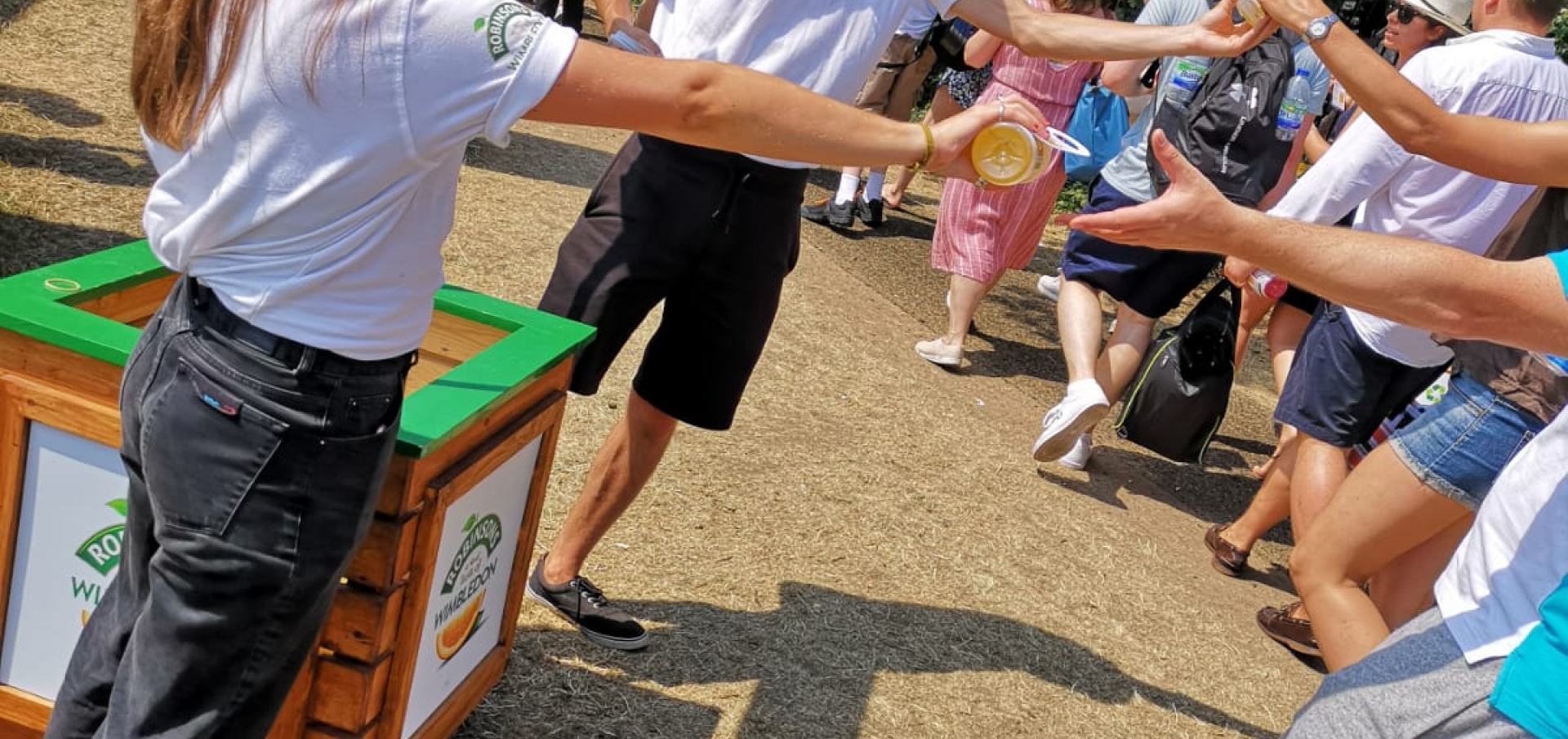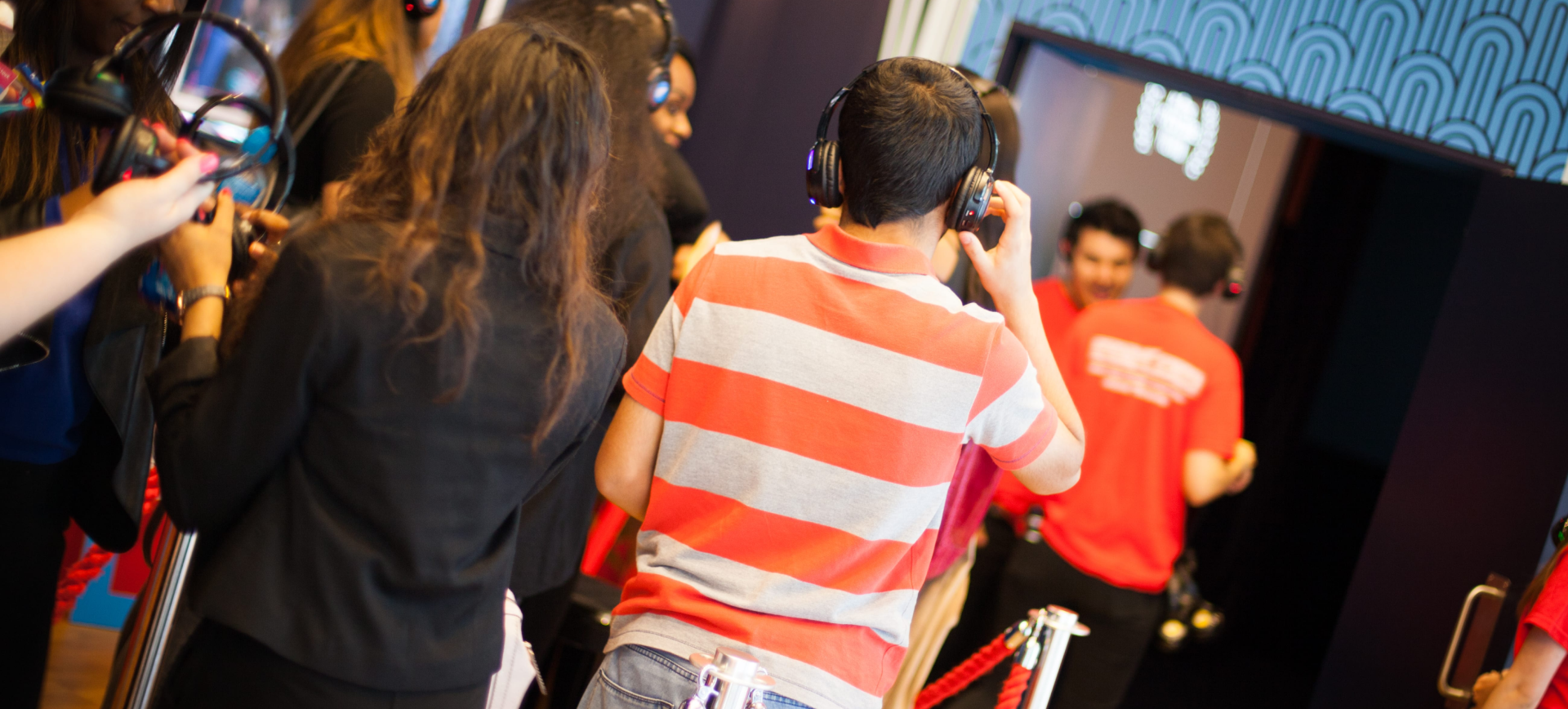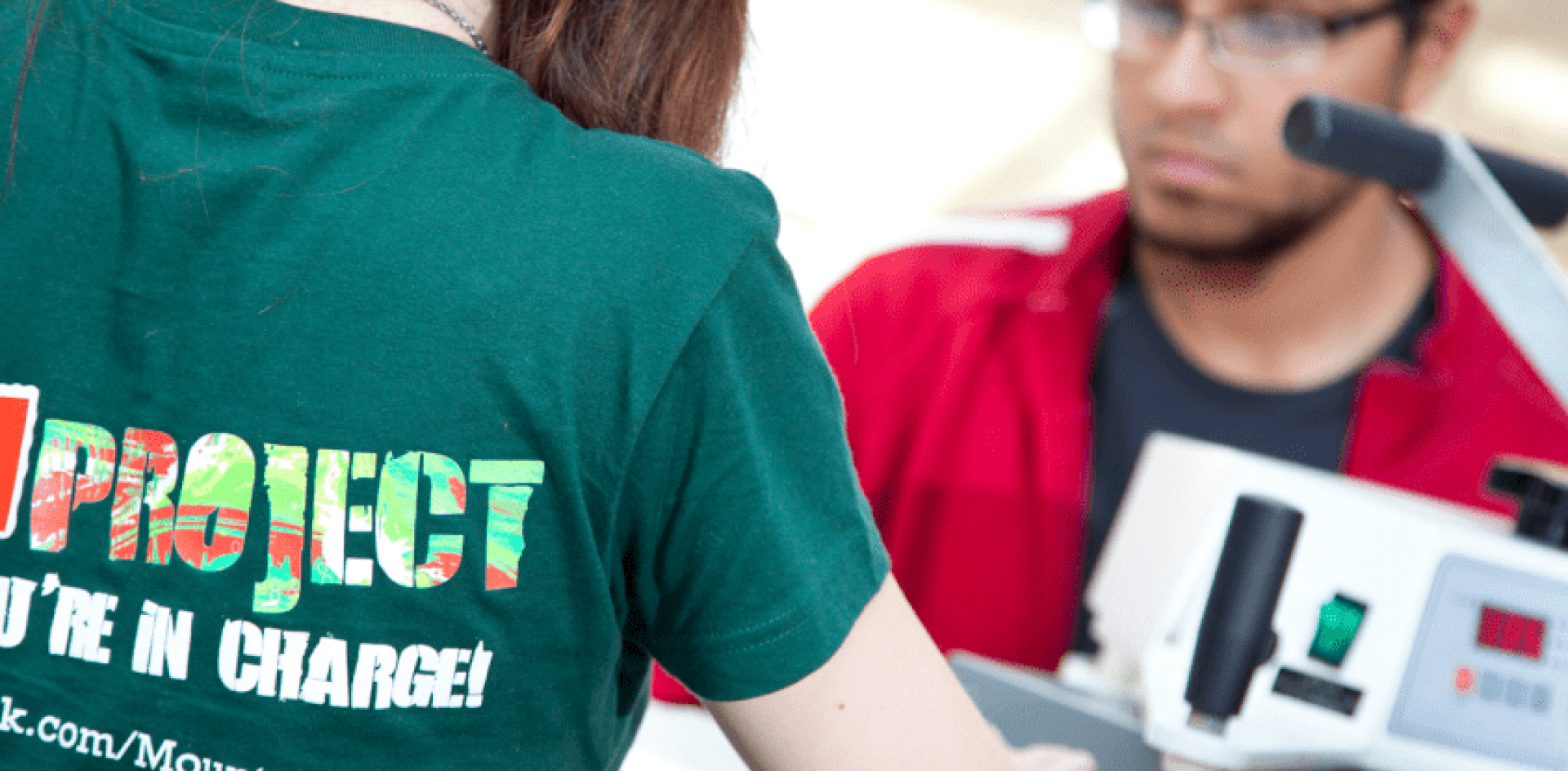I have recently been working on some internal proposition development, expertly facilitated by Matt Cushen, and he brought something to the table today which really resonated with me: the key differences between pilots and experiments.
Pilots are typically fully formed ideas which can be expensive, involve a lot of resource, are long term, and where the risk of failure is high.
Experiments can be just part of an idea, frequent, quick to deploy, with a focus on learning, and where the risk of failure is low.
Albeit subconsciously, I’ve certainly observed these differences and the associated difference in behaviours during my career, and today this led me to reflect on a recent piece of work we delivered for a client in a way that I hadn’t previously considered.
Right at the start of lockdown I was approached by one of our clients with a simple question; “could we do deliveries?” Sure, delivering stuff to stores, or managing the logistics of a large brand experience event is a critical part of our day job, but we would in no way consider ourselves to be delivery company!



